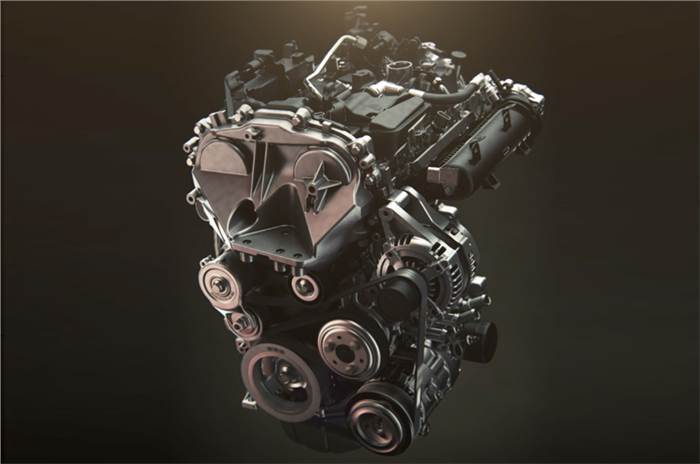Cylinder deactivation is a technology usually seen in larger engines. It is meant to help improve fuel efficiency and reduce emissions by shutting down a select number of cylinders when they are not required. At the end of 2016, Ford had announced that it will introduce this technology on its 1.0-litre EcoBoost turbo-petrol engine and that it was expected to arrive in early 2018.
With the fuel and emission norms getting stricter, the American carmaker has introduced cylinder deactivation with the 1.5-litre, three-cylinder turbo-petrol engine available on the recently revealed European-spec Focus. In the hatchback, the new EcoBoost engine comes in 140hp and 180hp states of tune. The newly debuted motor is also expected to be used on the likes of the new Ford Fiesta hatchback in Europe, and the Fusion sedan and Escape SUV in the US. At the same time, the new engine will replace the current crop of the older 1.5-litre, four-cylinder turbo-petrol engines.
The inherent instability of a three-cylinder engine design (due to the odd number of cylinders) requires various counter-balances to overcome the vibration. Shifting from a three-cylinder to a two-pot configuration means that significant amount of modifications have been done to ensure the engine doesn’t become unrefined.
While there is no word on when this technology will be introduced in India, Ford India is set to re-introduce the 1.0-litre EcoBoost engine in the country, on the EcoSport compact SUV. It is unlikely that cylinder deactivation will feature on the India-spec model. However, the brand has also recently introduced a new Dragon series of petrol engines. These three-cylinder, naturally-aspirated motors (96hp, 1.2-litre and 123hp, 1.5-litre) are amongst the most powerful in their respective segments and are claimed to be more efficient than the outgoing four-cylinder engines.
Also see:
SCOOP! Ford to bring back EcoBoost on the EcoSport and introduce new variants
Ford EcoSport Titanium S to launch next month









Comments
Member Login
Personal Details
No comments yet. Be the first to comment.